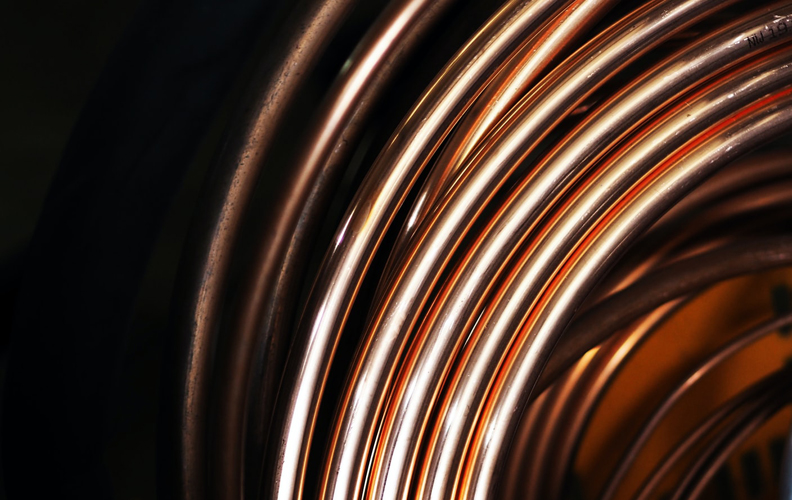Black dust

Although it might sound quite harmless, black dust can be a cause of big problems for gas appliances. While it has nothing to do with a strict cleaning regime for your boiler, black dust can clog up valves and injectors in appliances and have safety implications.
Causes of black dust
Black dust is caused when hydrogen sulphide attacks metal. Hydrogen sulphide is present in natural gas, which is commonly used in the home in central heating systems. Hydrogen sulphide has a distinctive smell – that of rotten eggs – and is a toxic gas. It is highly corrosive and reacts with metals by creating a layer of metal sulphide, which covers the surface of the metal. In boilers this metal sulphide occurs as copper sulphide - a black film present on copper piping.
Natural gas used by consumers in their homes normally contains very low levels of hydrogen sulphide (commonly less than 1 part per million), but this can vary in different locations and at different times of the year. At such low levels a film develops inside of copper pipes, but it is relatively harmless as it remains intact. If the amount of hydrogen sulphide rises, the copper sulphide layer can fracture and break off into metallic-like pieces. These pieces break down further to form black dust.
Black dust - the facts
- Black dust is caused when hydrogen sulphide attacks copper pipework and creates copper sulphide.
- At low levels, the copper sulphide covers internal pipework, but stays intact.
- At higher levels, the copper sulphide breaks down into tiny metallic-like pieces to form black dust.
- Black dust can cause faults and breakdown of gas appliances.
Effects of black dust
The implications of black dust include:
- Blocked valves and injectors
- Complete or partial blockage of components within the burner
- Possible gas leakage
- Reduction in heat output from the boiler
- Incomplete combustion of gas
- Corrosion of flues
- In rare cases Black Dust can block gas pipes.
Systems most at risk of black dust
Some systems and appliances seem to be more prone to black dust. These include:
- Back boilers
- Floor mounted appliances
- Multi-port injectors with a narrow bore
- Gas fires with double wall copper flashed Bundy Tubing
- Older appliances.
Remedies of black dust
Unfortunately, there seems to be no way to eradicate black dust, other than reducing hydrogen sulphide levels in natural gas.
However, there are methods that can be used to help control it. These include:
- Cleaning affected appliances (however, copper sulphide and Black Dust will remain in the pipework);
- Fitting filters (however, filters need fairly regular removal and cleaning);
- Sealing internal pipe surfaces to help stabilise film and prevent Black Dust (however, the long term efficiency of this method has not yet been proved).
In addition, the CIPHE always advises yearly maintenance of all gas appliances, by a qualified, registered professional. This will ensure appliances are working safely, efficiently and effectively for the year ahead.
If you think your appliance is suffering from back dust, you should call in the services of a professional heating engineer. Use the CIPHE’s Find a Plumber tool to find tradespeople in your area.
Find an engineer
Do you need a local, professional plumbing or heating engineer? Use our find a plumber tool to find CIPHE registered tradespeople.
Find a PlumberPlumbing health hazards hub
When plumbing and heating systems are working correctly, they make our lives healthier and happier. However, when things go wrong, the results can be deadly.
Plumbing health hazardsCarbon Monoxide
Carbon Monoxide (CO) is a natural gas created by the incomplete combustion of fossil fuels. This deadly gas has no smell, no taste, or colour.
Find out more